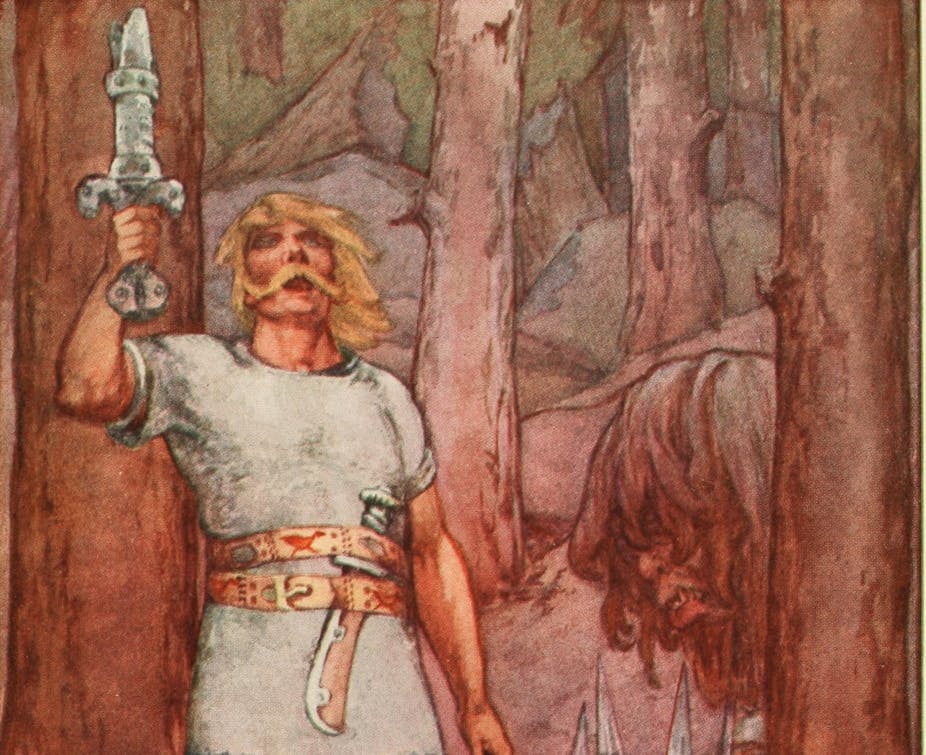Have you ever tried reading Beowulf and decided it was a bit too hard to follow before giving up? How did you get on with War and Peace?
If you struggled with either of these notoriously unwieldy classics, good luck understanding Google’s latest terms and conditions. Researchers from the University of Nottingham have found that the updated version is harder to understand than both of them.
Using a plug in called Literatin, they can assess terms of service from any company for readability. Each is given a SMOG score, short for Simple Measure of Gobbledygook, a rating adapted from a formula used to choose accessible texts for the classroom.
This looks at the length of sentences in the text, the use of polysyllabic words and overall word count. Richard Mortier, a lecturer in computer science at Nottingham, ran Google’s latest revision through the plug in and found it to have a SMOG score of 15.48. That means users need a GCSE-level reading age to understand it. According to Literatin, 43% of the adult English population would not be able to read the terms.
Texts with a SMOG value in this range require a reading age of between 15-18 if they are to be understood, so anyone hoping to wade through Google’s terms of service and make it out the other side would need to go in equipped with a pretty decent education.
In comparison, the epic Old English poem Beowulf has a SMOG score of 13.9. That makes it understandable for those with a reading age of 13 or above. Google’s text rates at about the same level as Homer’s Iliad and Les Misérables for readability. Both weigh in with a SMOG score of 15.3 and couldn’t be described as a light read by anyone’s standards.
Mortier points out that Google is not alone in producing hard-to-read terms. When he ran Facebook’s terms of service through Literatin, they scored a SMOG value of 19.39, making them only marginally more readable than Machiavelli’s The Prince.
Windows Live, which includes services such as hotmail and search engine bing, rates at just over 17 - harder to understand than Moby Dick.

Ewa Luger, a PhD student at Nottingham and part of the team that produced the Literatin plug in, said if the terms scored around 12 on the SMOG index, they would be accessible to around 85% of the English population. That’s a readability score roughly akin to 50 Shades of Grey.
“It’s not easy to do and I do think Google wants to make it work,” said Luger. “If you don’t work in the field of literacy, you don’t necessarily think about the fact that a lot of people don’t understand complex words.”
“I think we all - companies, designers, regulators - have to start realising this is important enough to spend time on,” added Mortier.
The difficulty users might have in understanding terms and conditions raises questions about what it means to give informed consent and the way agreements with service providers are constructed, says Mortier.
“At the moment you are either in or out,” he said. “If you don’t click the button, you don’t get anything and that doesn’t seem fair. We need to start thinking about making it more graduated. The notion of withdrawal isn’t effectively supported and I think it should be.”
Google’s new terms of service come into effect on 11 November and users are currently being asked to agree to the amendments. They include the need to opt out if you don’t want your image to be used in advertising when you make a positive comment about a product online.

